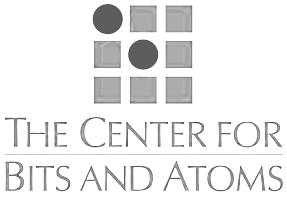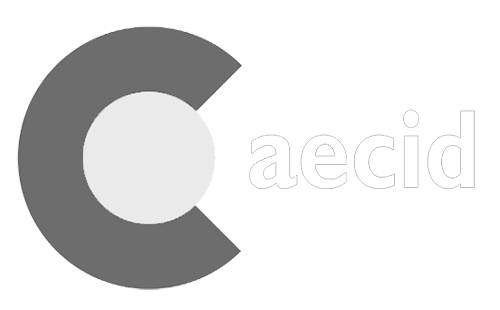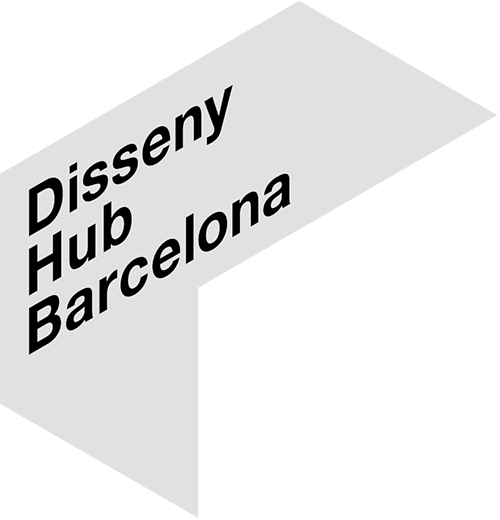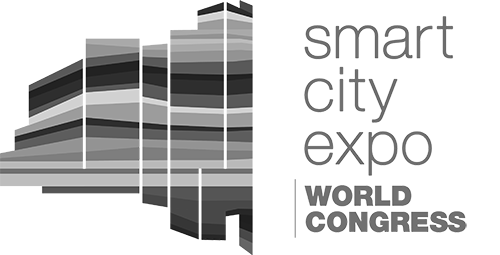Discover everything about Smart Citizen
by Maria Ustarroz Posted on March 29, 2016
Aquí puedes leer la notícia en castellano.
Here you can read this post in Spanish.
The N.I.C.E. Award promotes innovations through culture and creative industries into the wider economy and society to tackle the major challenges of our future today. To this end, the N.I.C.E. Award creates visibility and know-how transfer for so far overseen innovations throughout Europe, kicks off debates and impulses in business, culture and policy alike and motivates cultural and creative makers to be innovative and more experimental.
For 2015's edition, N.I.C.E. interviewed the Smart Citizen's crew.
 </img>
</img>The N.I.C.E. Award 2015 is looking for new and stimulating innovations that are solutions to global problems. What problem do you address with your project?
Cities are the largest creation of human kind. For many centuries we have been adding complexity and technology to the urban centres, creating places with the biggest problems we can find today in terms of sustainability and contamination of the planet. Being a huge producer of
problems, cities offer at the same time great opportunities
to address those problems by using available, accessible
and open source technology.
We believe that Smart Citizen
can build an ecosystem of participation of citizens in the
production of valuable data and information about our
cities, which can help to better understand, transform and
improve the places where next generations will live. Smart
Citizen is about the appropriation of technology for taking
over the active construction of the city. Our idea started
with sensors and data visualisation, but we aim to grow and
to develop applications and partnerships that will allow us
to construct tools for the political participation of people in
their city and to create a new data economy by implemen
-
ting block chain technologies in the future versions of our
platforms.
 </img>
</img>What reactions have you received yet? Is the world ready for your solutions?
We crowd-funded the development of the initial phase of
the project twice with the result of close to 1,000 people
who actually supported us with funds. Furthermore, we
have been able to collaborate with large corporations like
Intel and Cisco in special projects and events to develop
Smart Citizen. At the same time, governments of cities like
Amsterdam, Barcelona and Manchester have actively supported the deployment of Smart Citizen in order to align it
with their Smart City strategies – which is a paradox, since
Smart Citizen initially started as a critic exercise against
the big brother and corporative approach of the Smart City
agenda.
We have been collaborating with researchers all
over the world in universities like the University College London, the Royal College of Art, the MIT, among others, and
in different projects related with them. Finally, we are now
getting EU funding support to develop research around the
technology and its implementation strategies in different
cities in Europe. As the world is going open source, we are
about to record the largest expansion of our project – from
1,200 sensors and 3,200 users – and thus to play our part in
the massive growth of the Internet of Things devices and
open data applications.
 </img>
</img>The N.I.C.E. Award 2015 focusses on digital innovation through culture. How do you see the cultural sector influenced by digitalisation?
In Europe and most of the urbanised areas of the world it
is almost impossible to talk about culture without talking
about the digital revolution that we have been living in during the last 40 years. From computers to smartphones, our
entire lives have dramatically changed, affecting how we
learn, work, play, create and live. It is extremely important
to create a culture with strong values on humanism through
digital platforms, not only using screens and keyboards to
represent traditional cultures, but by reframing the meaning of culture in a connected world and society.
For us it is of high importance that these values are constructed around the open source and accessible knowledge on how things are made, how they can be shared and how they can be useful and valuable to others – and not just to create another start-up to make a little money and then be sold to a larger corporation. Digital culture should help build a new economy and a value set that can enhance the role of people in the production and control of their lives.
 </img>
</img>
El N.I.C.E. Award promociona innovaciones de las industrias culturales y creativas para que lleguen a un sector más ámplio de la economía y la sociedad y, así, podamos encarar los grandes retos que plantea el futuro hoy. Para ello, el N.I.C.E. Award hace visible las últimas innovaciones creadas en Europa, transfiere ese conocimiento, genera debate, impulsa negocios, cultura y políticas entorno a ellas y motiva a los creadores creativos y culturales a ser más innovadores y experimentales.
Para la edición de 2015, N.I.C.E. ha entrevistado al equipo de Smart Citizen.
 </img>
</img>El premio N.I.C.E. Award 2015 busca lás últimas y más estimulantes innovaciones que también sean soluciones a problemas globales. ¿A qué problema va dirigido vuestro proyecto?
Las ciudades son la mayor creación del ser humano. Durante siglos hemos ido añadiendo complejidad y tecnología a los centros urbanos, creando lugares con los mayores problemas que podamos encontrar hoy en día en términos de sostenibilidad y contaminación del planeta. Siendo uno de los principales productores de problemas, las ciudades también ofrecen grandes oportunidades para solventar estos problemas utilizando las tecnologías disponibles, accesibles y de código abierto.
Creemos que Smart Citizen puede construir un ecosistema de participación ciudadana de producción de datos e información de valor sobre nuestras ciudades, lo que nos ayudará entenderlas mejor, transformarlas y mejorar el lugar dónde vivirán las próximas generaciones. Smart Citizen trata de apropiarse de la tecnología para hacerse cargo de la construcción activa de la ciudad. Nuestra idea empezó con sensores y visualización de datos, pero nuestro objetivo es crecer y desarrollar aplicaciones y asociaciones que nos permitan construir las herramientas para la participación de la gente en la política de su ciudad e incluso, en futuras versiones de nuestras plataformas, crear una nueva economía de datos a través de la implementación de las tecnologías de block chain.
 </img>
</img>¿Qué reacciones habéis tenido hasta ahora? ¿El mundo está preparado para vuestras soluciones?
Hemos realizado una campaña de crowd-funding para la parte inicial del desarrollo del proyecto que ha contado con el apoyo de casi 1,000 personas con sus donaciones. Además, hemos podido colaborar con grandes empresas como Intel y Cisco en proyectos especiales y eventos para el desarrollo de Smart Citizen. Al mismo tiempo, los ayuntamientos de ciudades como Amsterdam, Barcelona y Manchester han apoyado activamente el despliegue de Smart Citizen alineándolo con sus estrategias de Smart City - lo que resulta paradójico, ya que Smart Citizen empezó inicialmente como un ejercicio crítico en contra del enfoque corporativo de gran hermano que se recoge en las agendas oficiales de Smart City.
Hemos estado colaborando con investigadores de todo el mundo en universidades como la University College London, el Royal College of Art, el MIT, entre otros, y en diferentes proyectos relacionados con ellos. Finalmente, ahora estamos recibiendo fondos europeos para el desarrollo de la investigación de esta tecnología y sus estrategias de implementación en diferentes ciudades de Europa. A medida que el mundo se va uniendo al código abierto, estamos a punto de registrar la mayor expansión de nuestro proyecto - 1.200 sensores y 3,200 usuarios - y por lo tanto dispuestos a jugar nuestra parte en el crecimiento masivo de la Internet de las Cosas en dispositivos y aplicaciones de datos abiertos.
 </img>
</img>El N.I.C.E. Award 2015 se centra en innovación digital a través de la cultura. ¿Cómo véis la digitalización del sector cultural?
En Europa y en la mayoría de las áreas urbanizadas del mundo es casi imposible hablar de cultura sin hablar de la revolución digital que estamos viviendo en los últimos 40 años. Desde los ordenadores a los smartphones, todas nuestras vidas han cambiado drásticamente, afectando a cómo aprendemos, trabajamos, jugamos, creamos y vivimos. Es sumamente importante crear una cultura con unos fuertes valores humanistas a través de las plataformas digitales, no únicamente utilizar pantallas y teclados para representar las culturas tradicionales, sino reafirmando el significado de cultura en una sociedad y mundo conectado.
Para nosotros es de máxima importancia que estos valores se construyan alrededor de tecnologías de código abierto y conocimiento accesible sobre cómo se fabrican las cosas, cómo pueden ser compartidas y cómo pueden ser útiles y valiosas para otros - no simplemente crear otra start-up para ganar un poco de dinero y entonces venderla a una gran corporación. La cultura digital debe ayudar a contruir una nueva economía y un conjunto de valores que pueda mejorar el rol de las personas en la producción y el control de sus vidas.
 </img>
</img>





